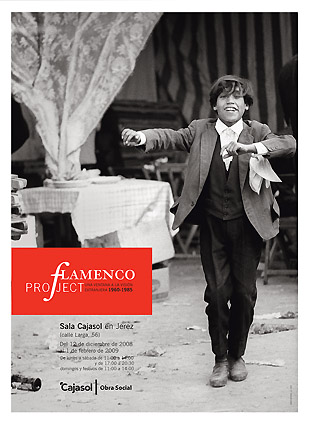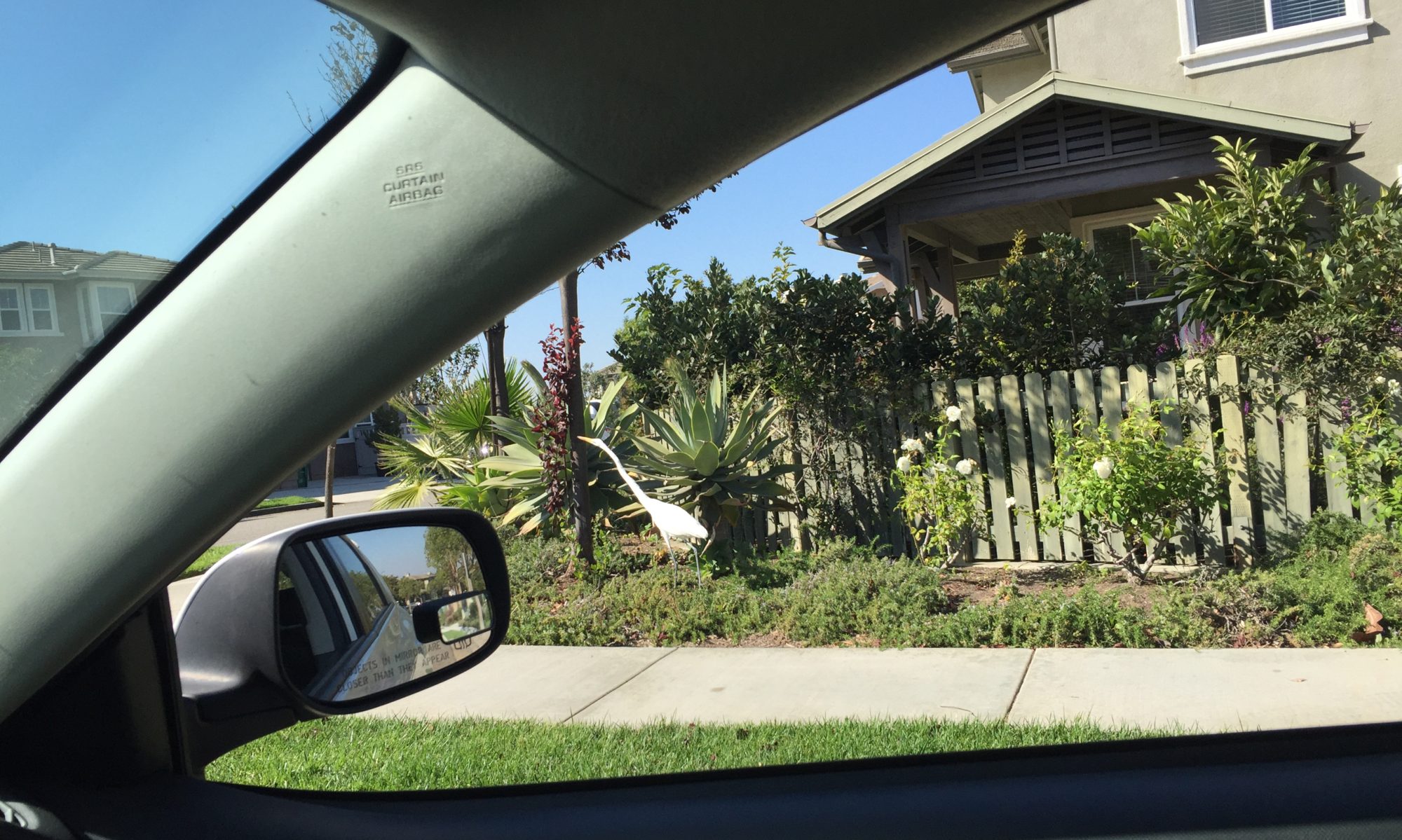
Just as there are false memories, there is false nostalgia, the pain — algos — of yearning for a time and place you never were, nor could even have been.
A personal case in point nagging at me lately was the 60s and 70s when “an unprecedented wave of committed and adventurous musicians traveled far from their homes and cultures to experience flamenco first-hand in the pueblos of Andalusia” (The Flamenco Project).
I am an unrelenting fan of flamenco, especially of the traditional styles which flourished in those years in those villages and in Jerez, Seville and elsewhere in Spain. Yet the gap between my relatively late-blooming afición and what I would know and perhaps even myself could play had I actually been there then can never be breached. I have only my imagination, the images like those captured in The Flamenco Project and, to be sure, the recordings, which leave much to be desired technically. I have only my false nostalgia.
There is nothing inherently wrong with such misplaced desire. To some extent, in fact, all desire is misplaced. Without it there is no imagination, no sense of what could be rather than what just is, no learning, no change.
So, instead of what could have been, what was?
First of all, by late adolesence my inner twig was bent not in the direction of Spain, but France. I admit that the resulting Francophilia which I am only now finally shedding was its own variant on false nostalgia, a second skin I had sprouted and which became almost impossible to slough off until now.
As important, the political choices of my early adulthood were incompatible with being in Spain. By the end of the sixties, when the aforementioned pilgrims — late Beats rather than early Hippies — were experiencing the flamenco life first-hand, I was in what I thought would be permanent exile in Canada, a draft resister considered a felon by the US government, a state of affairs which lasted until the Carter amnesty in 1977.
Let no one forget that Spain at the time was a fascist dictatorship under the heel of Francisco Franco. While in France in the early 70s I was tempted on several occasions to travel to Spain. But it was well known that persons in my situation were vulnerable to arrest and extradition by Franco’s border guards. This possibility was also depicted pointedly, first in Henry Montherlant’s 1963 novel, Le chaos et la nuit / Chaos and Night, and then in Alain Resnais’s 1966 film La guerre est finie / The War is Over. Both novel and film had left indeliable impressions, reinforcing my fantasy of existentialist engagement and political heroism, as well as my fear of the Spanish border. It was not until 1976 that I risked crossing it, even then with considerable trepidation.
Knowing who you weren’t doesn’t guarantee knowing any better who you were. But it can help. False nostalgia offers a way to see what was — just as long as we recognize it as false.
